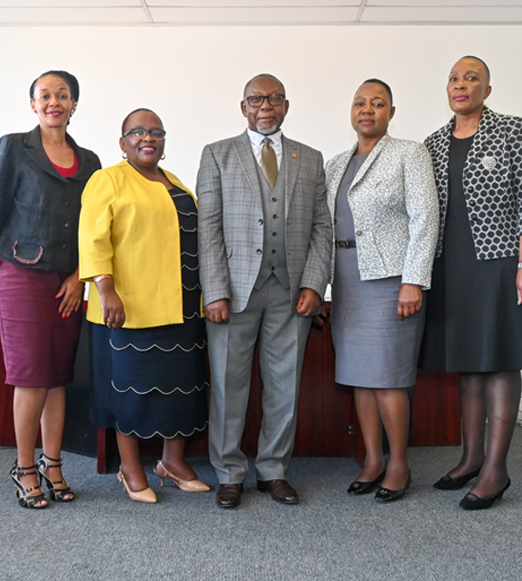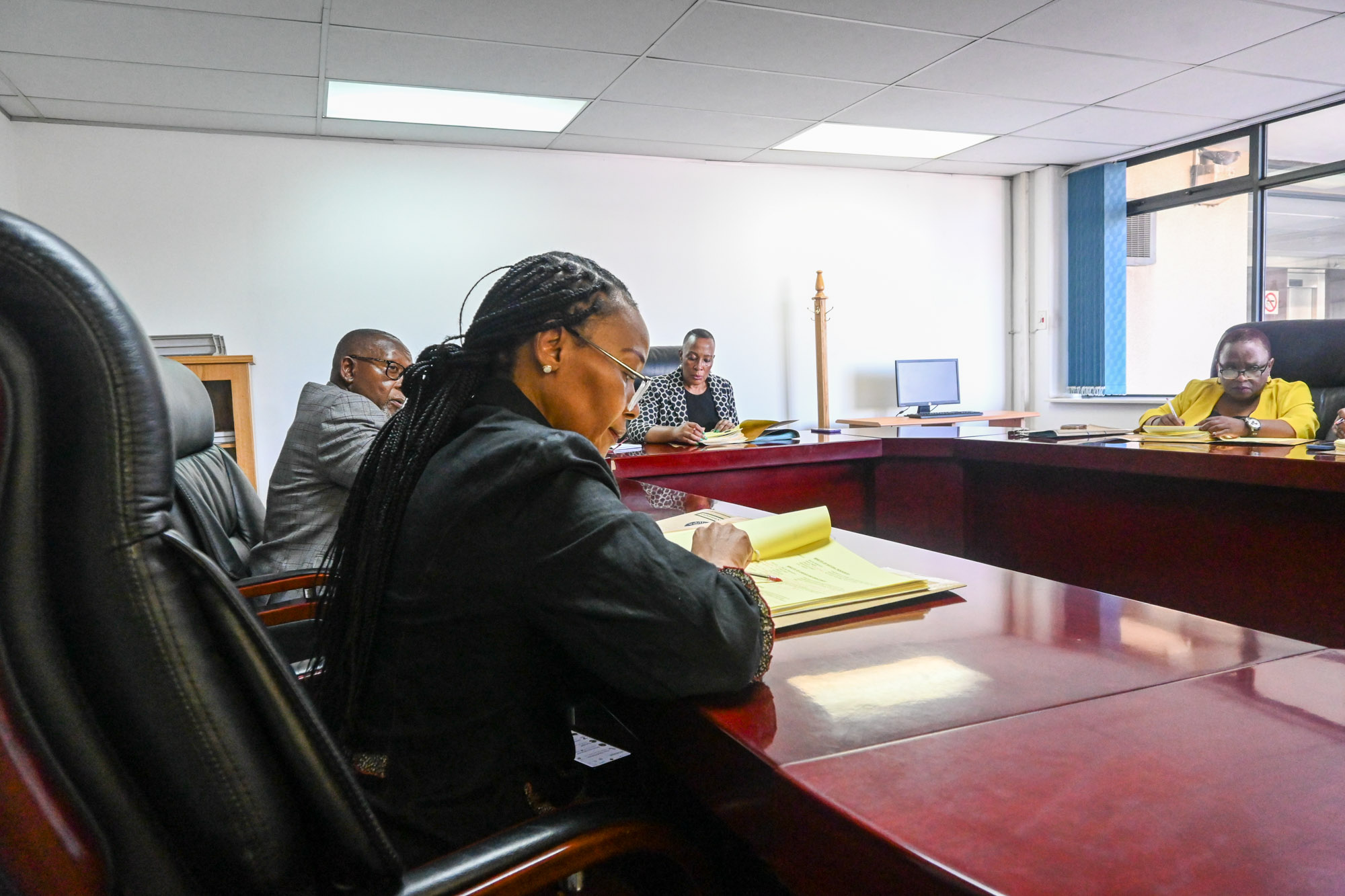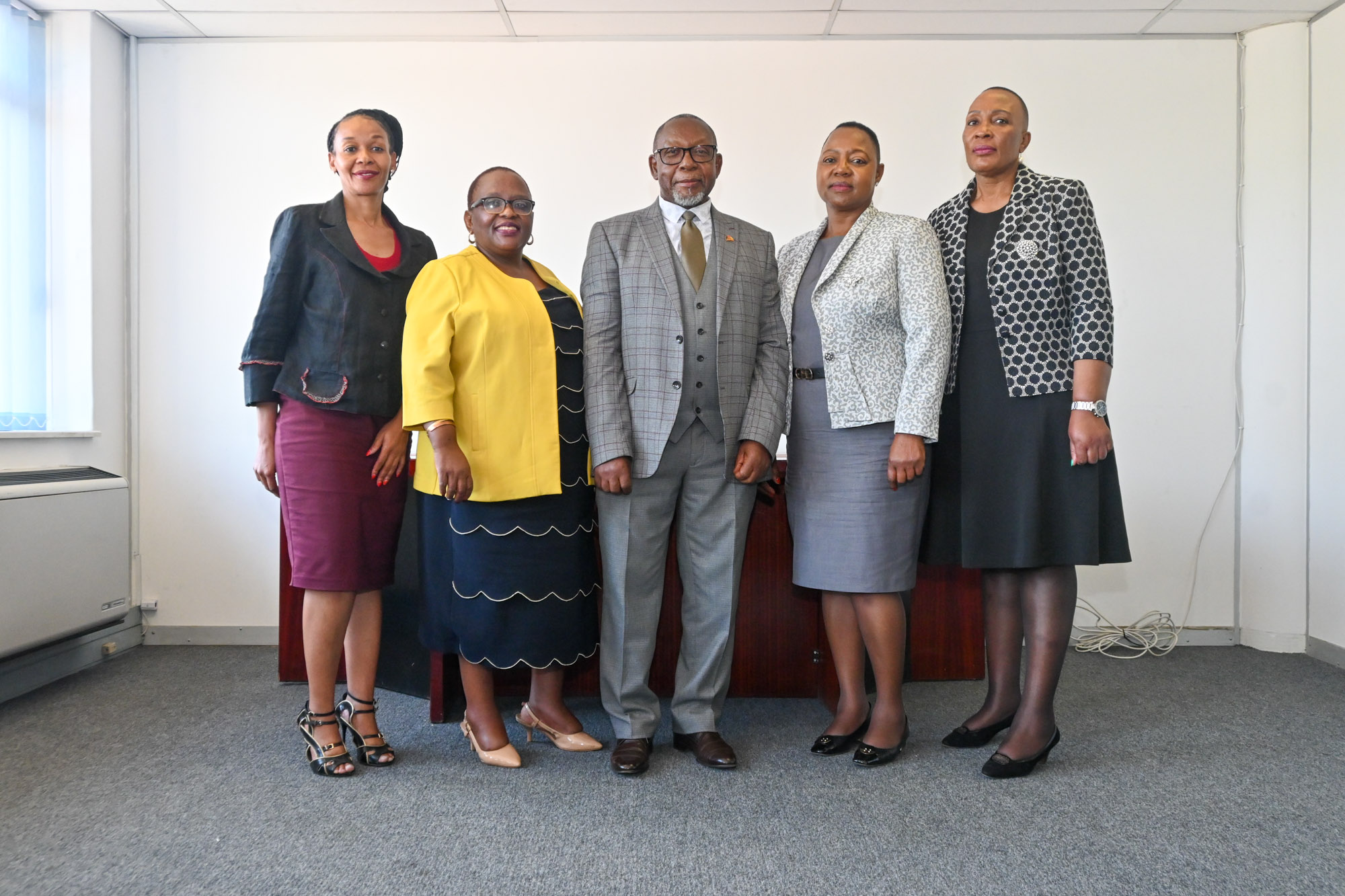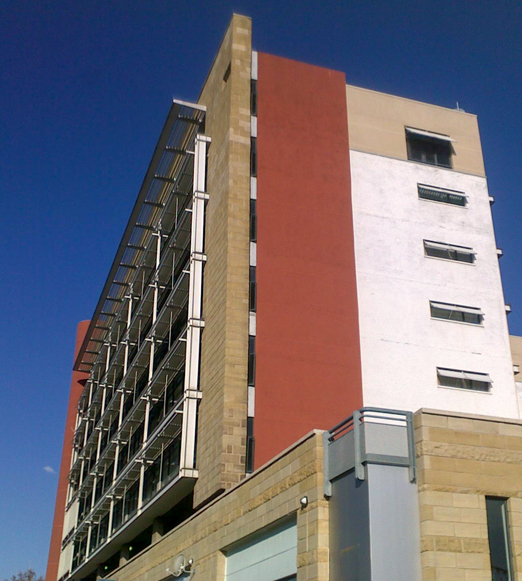About





Establishment of the Commission
The Public Service Commission (PSC) was established by Basutoland Order in Council of 1962. It began its existence on 1st June 1963 as an advisory body to the Resident Commissioner on a wide range of matters e.g the localisation of the services, recruitment procedure, confirmation into permanent and pensionable offices etc.
In 1966 when Lesotho became independent under the 1966 Constitution, it was then established as an executive body. In the 1993 Constitution it enjoyed the same position. It is regarded as an independent institution established under the provisions of Section 136(1) of the 1993 Constitution of Lesotho, which states thus: “There shall be a Public Service Commission which shall consist of a Chairman and not less than two or more than four other members, who shall be appointed by the King acting in accordance with the advice of the Judicial Service Commission”.
Functional structure of the Commission
In order to fulfil its mandate, the Commission is assisted by the Secretariat which serves as its executive arm as demonstrated below. The Secretary to the Commission heads the secretariat and also serves as the Chief Accounting Officer of the Agency in the following functions: finance and accounts, procurement, administration, human resources, and information technology with a staff complement of forty-three (43) public officers.











